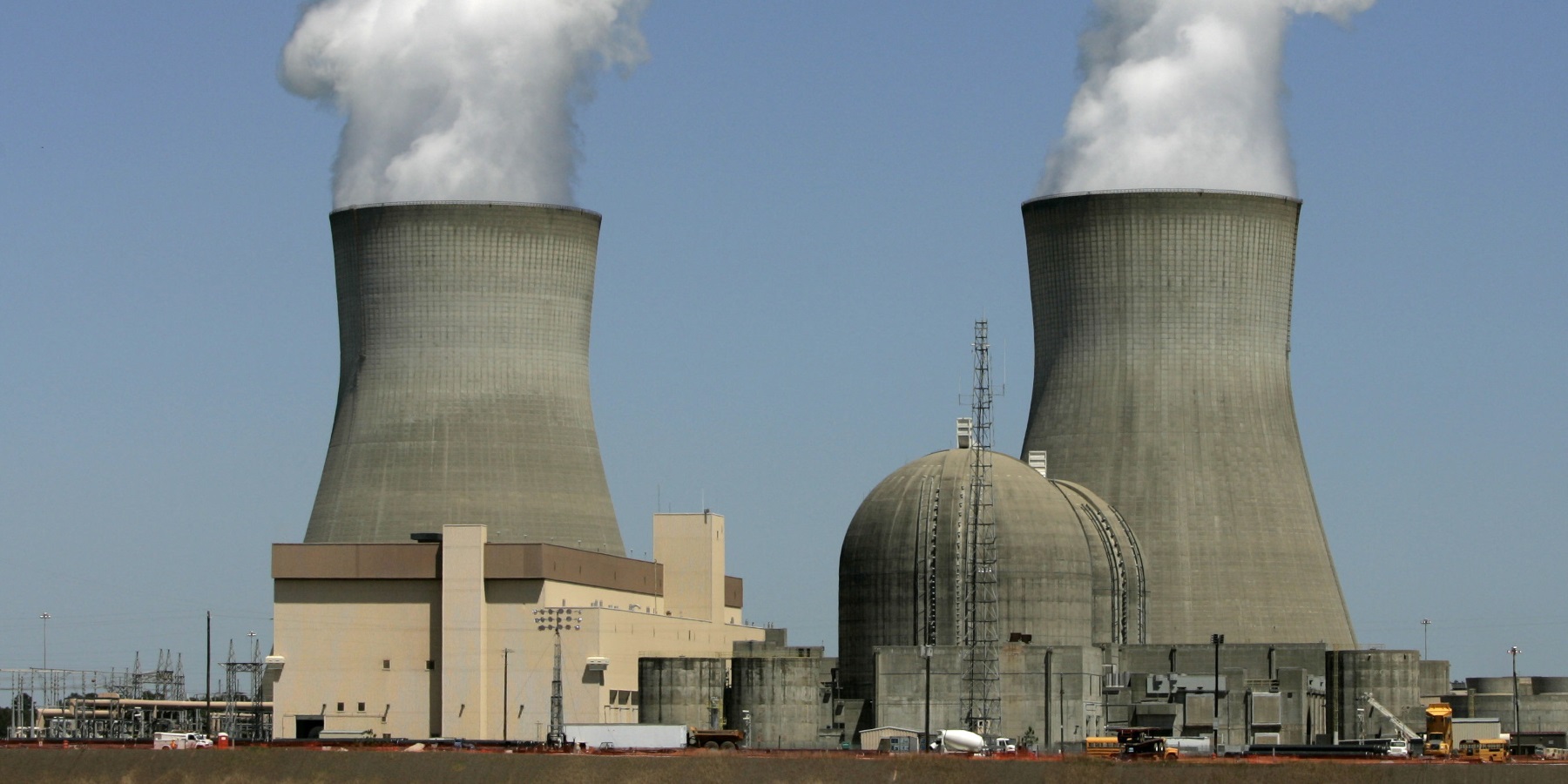Why The Upcoming Nuclear Hearings In Atlanta Are A Big Deal

Georgia regulators will be holding hearings next week on the future of the expansion at Plant Vogtle.
Mary Ann Chastain / Associated Press file
Next week is an important one for a troubled nuclear power project in Georgia. State regulators are holding hearings on the future of the expansion at Plant Vogtle.
The two new nuclear reactors at the plant near Waynesboro were supposed to be up and running by now, but Georgia Power now expects them to be done by 2022. The price has doubled, to more than $22 billion.
A similar project in South Carolina was canceled earlier this year because it had gotten too expensive. That makes Georgia the only state in the nation with nuclear construction underway. And it means what happens with Plant Vogtle has national significance.
Here’s why the future of Vogtle is a big deal.
It Costs You Money
If you live in Georgia and pay for electricity, you’re probably paying for this project.
Georgia Power is Plant Vogtle’s biggest owner. Other Georgia utilities involved are Oglethorpe Power, MEAG Power and the city of Dalton.
The state Legislature passed a law allowing Georgia Power to charge customers ahead of time for the financing costs for construction. Every month, the Nuclear Construction Cost Recovery tariff is on electric bills (it appears as the line item “NCCR”). The utility has collected about $2 billion from customers so far.
Georgia Power says collecting the money ahead of time will save ratepayers money in the long run because the utility is getting a better deal on financing.
Once the reactors are up and running, customers will also pay down the capital costs of the project in their bills.
“At the new price tag, the plant no longer makes economic sense for Georgia Power customers,” said Kurt Ebersbach, senior attorney with the Southern Environmental Law Center. “We are not against nuclear, provided it can be done economically, which has not been the case.”
In its proposal to keep construction going, Georgia Power says it’s only fair that its ratepayers, rather than its shareholders, take on the risk and pay for the project because the other utilities in the state don’t have shareholders, so they have to pass the costs on to their customers.
It Will Address Climate Change
The biggest source of greenhouse gas emissions in the U.S. is the electricity sector. (In fact, one of the biggest single sources of emissions in the country is Georgia Power’s Plant Scherer, near Macon.)
Once it’s up and running, nuclear power doesn’t generate greenhouse gas emissions. It doesn’t contribute to climate change. So many people see it as part of the solution.
“Nuclear is the way that you produce massive amounts of power without any carbon,” said Charles Fishman, an equity analyst at Morningstar who specializes in utilities.
“Eventually, we probably need a carbon-free technology for electricity,” he said. “Wind and solar are nice, but the wind doesn’t always blow and the sun doesn’t always shine. So you need to have this dependable baseload power.”
Not everyone agrees with that. Battery technology, which would help address the solar and wind availability problem, is improving. And Ebersbach said energy-efficiency improvements help, too.
It’s All That’s Left Of The U.S. ‘Nuclear Renaissance’
“Vogtle’s very important,” said Fishman. “If Vogtle’s not completed, I think this industry is dead in the U.S. at least for the next 25 years.”
Nuclear supporters had hoped that a nuclear renaissance was starting in this country, with Vogtle in the lead. But now that the rest of the projects have been shelved – or failed to get off the ground entirely – that seems not to have happened.
So the industry is watching, and weighing in.
Finishing the Vogtle expansion will show that the country still has what it takes to build nuclear power plants, said John Kotek, vice president for policy development and public affairs at the Nuclear Energy Institute. The national pro-nuclear group will be at the hearings here in Atlanta.
“We really think it’s important for long-term U.S. influence and national security that we not cede the civil nuclear business to China and Russia,” Kotek said.
What’s Next?
The Public Service Commission is holding four days of hearings, Monday to Thursday. There will be more hearings in mid-December. The PSC will decide on the fate of the plant in early February.







